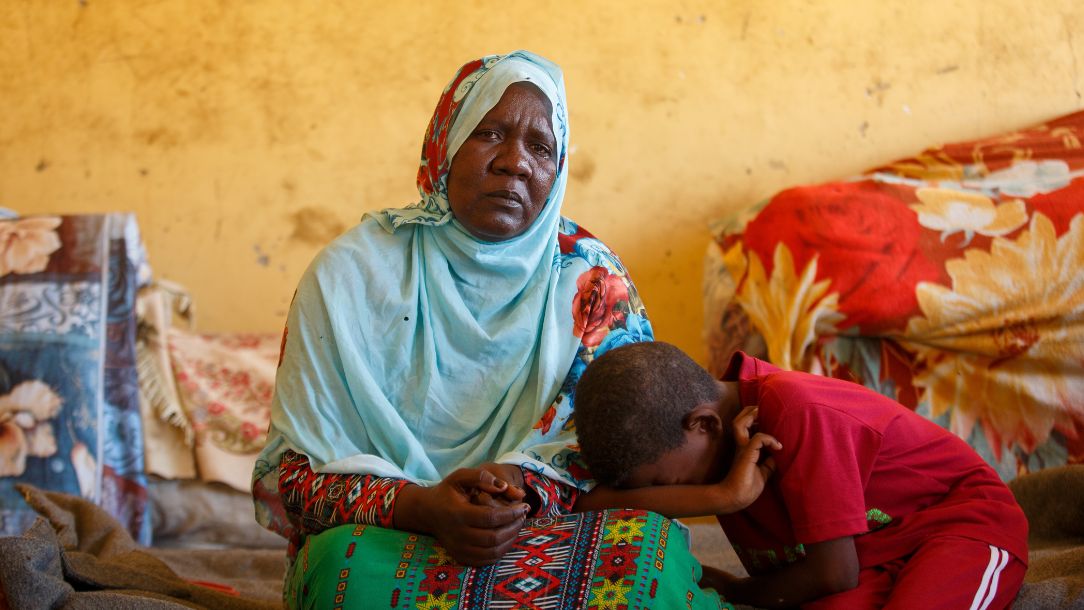UN aid cuts risk deepening crises in Sudan and elsewhere

The UN aid plans designed to confront global humanitarian crises are being drastically reduced due to its largest ever funding cuts, which may leave tens of millions across the globe in severe situations similar to those ravaging Sudan and Gaza, according to The New Arab on June 16th.
The UN’s Office for the Coordination of Humanitarian Affairs (OCHA) revealed that it was attempting to secure $29 billion in funds for 2025, a significant decrease from the $44 billion it had initially requested in December.
On June 16th, the UN’s refugee agency (UNHCR) said that the funding cuts are forcing it to slash 3,500 jobs in order to cut 30 percent of its employment costs.
Since US President Donald Trump commenced his second term in January, the United States – the largest donor – has cancelled up to 83 percent of its foreign aid programmes.
These severe measures from Washington have had calamitous consequences for vaccination campaigns, the delivery of emergency aid, and the distribution of drugs to fight AIDS.
Global economic uncertainty has prompted other major donors to slash their funding. OCHA chief Tom Fletcher stated that “brutal funding cuts leave us with brutal choices.”
“All we ask is one percent of what you chose to spend last year on war.”
Fletcher cautioned in April that “the impact of aid cuts is that millions die” while visiting a hospital in Kandahar, Afghanistan.
The UN aid budget has thus far received $5.6 billion of the $44 billion it had initially pursued for 2025, which is only 13 percent by the middle of the year.
The original UN aid plan would have covered over 70 countries and sought to help almost 190 million people facing humanitarian crises. Even if this plan had come to fruition, it was understood that another 115 million people were out of reach.
“We have been forced into a triage of human survival,” Fletcher said on June 16th. The financial situation “is cruel, and the consequences are heartbreaking.”
“Too many people will not get the support they need, but we will save as many lives as we can with the resources we are given.”
Fletcher said that aid must now be allocated to “reach the people and places facing the most urgent needs,” with the starting point being those in “extreme or catastrophic conditions.”
Fletcher’s statement came as the World Food Programme (WFP) and the UN’s Food and Agriculture Organisation (FAO) published a joint early warning report which highlighted worsening hunger in 13 hotspots.
The report stated that Sudan, South Sudan, the Palestinian territories, Haiti, and Mali have communities “already facing famine, at risk of famine or confronted with catastrophic levels of acute food insecurity.”
It outlined that “the devastating crises are being exacerbated by growing access constraints and critical funding shortfalls.”
Yemen, the Democratic Republic of Congo, Myanmar, and Nigeria have been identified as requiring immediate attention in order to save lives, with other hotspots in Chad, Somalia, Syria, and Burkina Faso.
WFP chief Cindy McCain said that “without funding and access, we cannot save lives. Urgent, sustained investment in food assistance and recovery support is crucial as the window to avert yet more devastating hunger is closing fast.”
US donations used to compose over 40 percent of the UNHCR refugee agency’s budget at $2 billion per year, according to the agency’s chief Filippo Grandi at the UN Security Council in April.
In the June 16th statement, Grandi said that “in light of difficult financial realities, UNHCR is compelled to reduce the overall scale of its operations.”
The agency estimates that the amount of funding it will have at the end of 2025 will be around the same level as a decade ago, despite the number of displaced people doubling to 122 million over the same period.
The New Arab, Maghrebi.org
Want to chase the pulse of North Africa?
Subscribe to receive our FREE weekly PDF magazine











